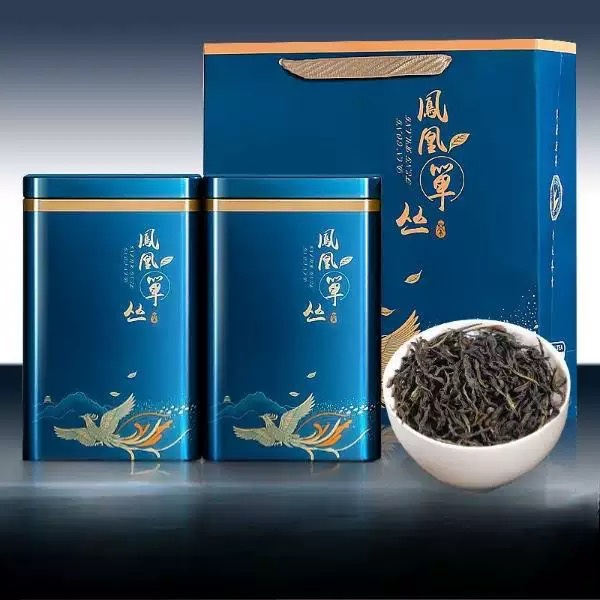
# Oolong Tea’s Impact on Metabolic Rate and Fat Oxidation
## Introduction
Oolong tea, a traditional Chinese tea with a rich history, has gained significant attention in recent years for its potential health benefits, particularly in relation to metabolism and fat oxidation. This semi-oxidized tea sits between green and black tea in terms of processing and flavor profile, offering unique compounds that may influence metabolic processes.
## Understanding Oolong Tea’s Composition
Oolong tea contains a variety of bioactive compounds that contribute to its metabolic effects:
– Polyphenols (especially catechins and theaflavins)
– Caffeine
– Theanine
– Various minerals and vitamins
The combination of these compounds creates what researchers call the “oolong tea effect” on metabolism.
## How Oolong Tea Affects Metabolic Rate
Several studies have demonstrated oolong tea’s ability to enhance metabolic rate:
### Thermogenic Properties
Research shows that oolong tea can increase energy expenditure by 3-10% above baseline levels. This thermogenic effect appears to be more pronounced than that of green tea, possibly due to oolong’s unique polyphenol profile.
### Caffeine and Catechin Synergy
The caffeine in oolong tea works synergistically with its polyphenols to:
– Stimulate the nervous system
– Enhance fat mobilization from adipose tissue
– Increase the utilization of fatty acids for energy
## Oolong Tea and Fat Oxidation
Beyond simply increasing metabolic rate, oolong tea appears to specifically enhance fat oxidation:
Keyword: Oolong Tea and Metabolism
### Enhanced Lipid Metabolism
Clinical trials have shown that regular oolong tea consumption can increase fat oxidation rates by up to 12% during rest and even more during exercise. This effect is particularly noticeable in individuals with higher body fat percentages.
### Impact on Digestive Enzymes
Oolong tea may inhibit certain digestive enzymes that break down fats and carbohydrates, potentially reducing calorie absorption from meals.
## Scientific Evidence Supporting These Claims
Several notable studies support oolong tea’s metabolic benefits:
– A 2001 study published in the Journal of Nutrition found that oolong tea increased energy expenditure by 2.9% and fat oxidation by 12% compared to water.
– Research from the University of Tokushima showed that oolong tea consumption led to greater fat burning than green tea in some individuals.
– A 2009 Chinese study demonstrated that regular oolong tea drinkers had lower body fat percentages and smaller waist circumferences than non-tea drinkers.
## Practical Recommendations
To maximize oolong tea’s metabolic benefits:
– Consume 2-4 cups daily (about 300-600ml)
– Drink before or between meals for optimal fat oxidation effects
– Choose high-quality, traditionally processed oolong teas
– Avoid adding sugar or milk which may counteract some benefits
## Potential Considerations
While generally safe, some individuals should exercise caution:
– Those sensitive to caffeine may experience sleep disturbances
– People with iron deficiency should consume tea between meals
– Individuals with certain medical conditions should consult their doctor
## Conclusion
Oolong tea presents a promising, natural way to support metabolic health and fat oxidation. While not a magic solution for weight loss, when combined with a balanced diet and regular exercise, it may provide measurable benefits for those looking to optimize their metabolism. As with any dietary change, consistency and moderation are key to experiencing oolong tea’s full potential effects.